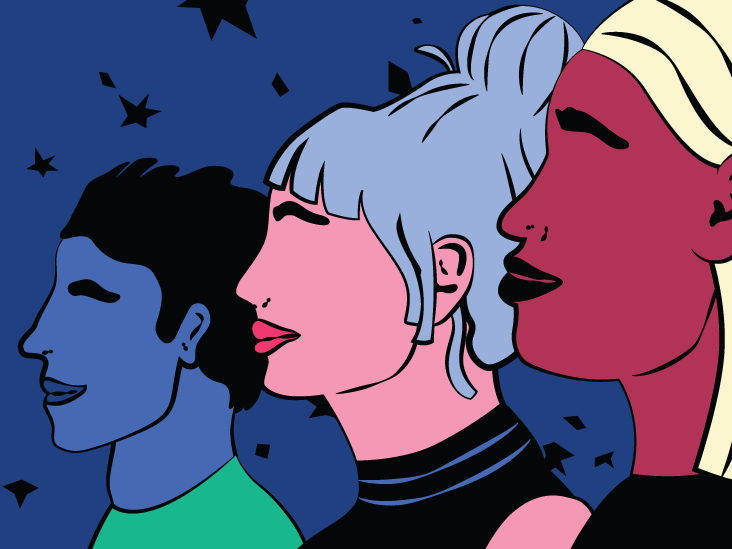Therapy
How to Help a Sexual Assault Survivor

How to Help a Sexual Assault Survivor
January 9,2018 By: Mansi poddar
2017 was particularly a momentous year for brave women (and men). For the second time, TIME magazine named a group as their Person of The Year – The Silence Breakers. This group of women were the strong, independent and fearless ones who stood up against a whole society biased against women and voiced the experiences they had with sexual assault. This act of bravery started ripples across theworld with women from every corner coming out and talking about their experiences with rape, sexual assault and molestation. What was utterly shocking was the fact that without any exception, women (and several men) admitted to have been survivors of various sexually inappropriate behavior. The hashtag #metoo trended across social media platforms as people came out and shared their experiences with various sexual abuses that they had faced over the years.
This got us thinking. More often than not, a survivor of sexual assault do not explicitly share their experiences with their friends or family. This is specifically because of the stigma that is attached to sharing these and fear of social rejection that often accompanies this seeming act of bravery. Therefore, we bring to you a guide that would allow you to help someone who have been assaulted with utmost sensitivity and care.
 1. Empathize (and not sympathize): Empathy essentially means that you get in to the shoes of the person who is going through the trauma and try to understand their plight. A person who has been subjected to violence does not need your tears and definitely, does not want any dramatic gestures from you. They either want to be left alone or want for you to understand what they are going through. If you are unable to do the latter, it is best for you to take care of them from a distance. Be cognizant of their emotional needs but do not force your presence on them.
1. Empathize (and not sympathize): Empathy essentially means that you get in to the shoes of the person who is going through the trauma and try to understand their plight. A person who has been subjected to violence does not need your tears and definitely, does not want any dramatic gestures from you. They either want to be left alone or want for you to understand what they are going through. If you are unable to do the latter, it is best for you to take care of them from a distance. Be cognizant of their emotional needs but do not force your presence on them.
2. Do not ostracize them: In a society like India, a sexual assault is often seen as a fault of the survivor. Their clothes, behavior, the time of the day they were out and even their education is often found to be in the wrong for the fate that had befallen them. Your job is not to make them feel guilty. What they wore is not in any way related to why she was touched inappropriately. If anything, you should be hearing their side of the story out and standing up for them if anyone else tries to put the blame on the survivor.
3. Sexual assault is often a cause for a lot of trauma and pain – both physical and mental. In such a situation, depending on the severity of the survivor’s state, it is essential for you to go for a  medical and therapeutic consultation. But none of this must be forced upon the survivor until and unless they are in dire need for medical assistance. The most important aspect of being there for them is to respect their boundaries and wishes.
medical and therapeutic consultation. But none of this must be forced upon the survivor until and unless they are in dire need for medical assistance. The most important aspect of being there for them is to respect their boundaries and wishes.
While each one of us are trying our best to make the world a safer place for people, irrespective of gender, the first step to that is essentially being aware of the needs of those who have suffered and the best way to help them through your compassion and care.
To set an appointment and explore this issue further, please call us on 9830015724.





